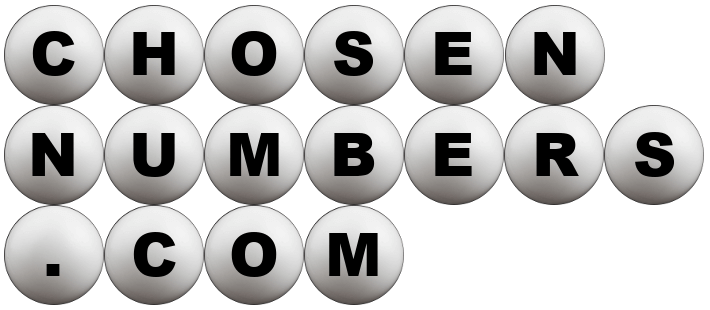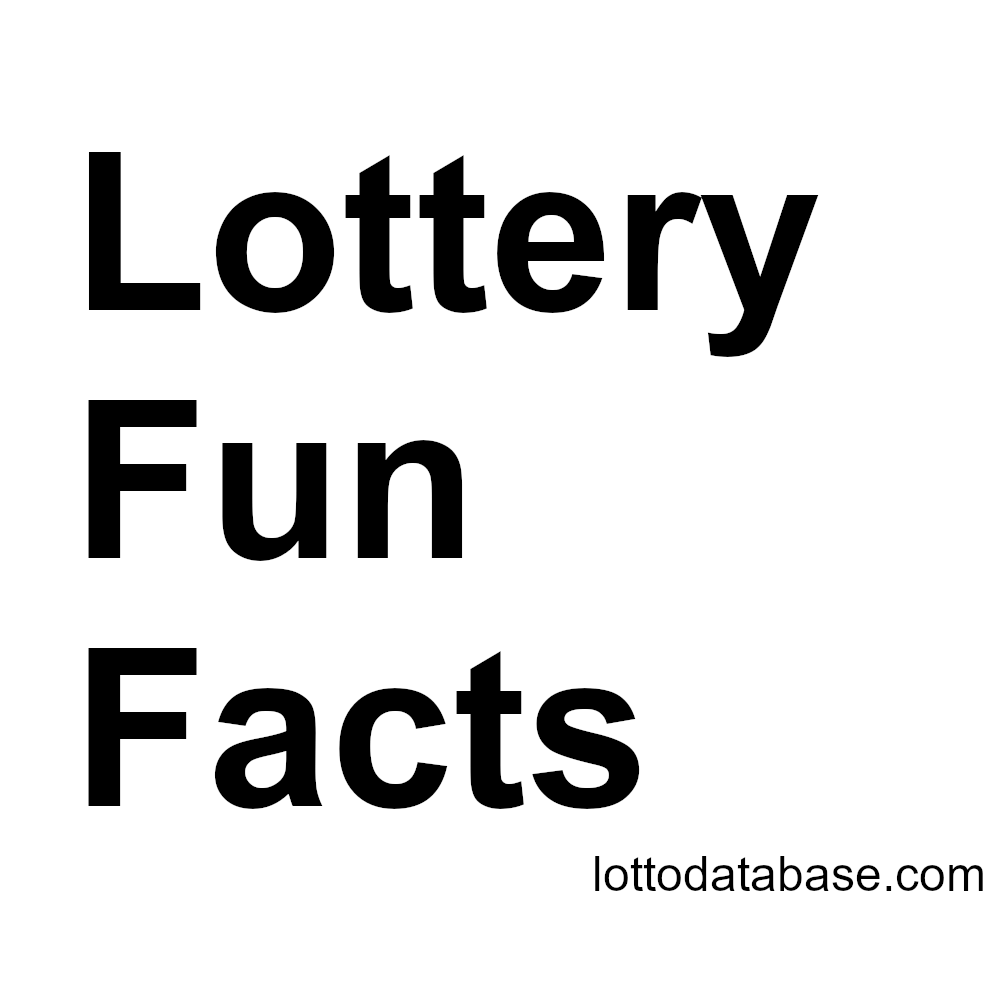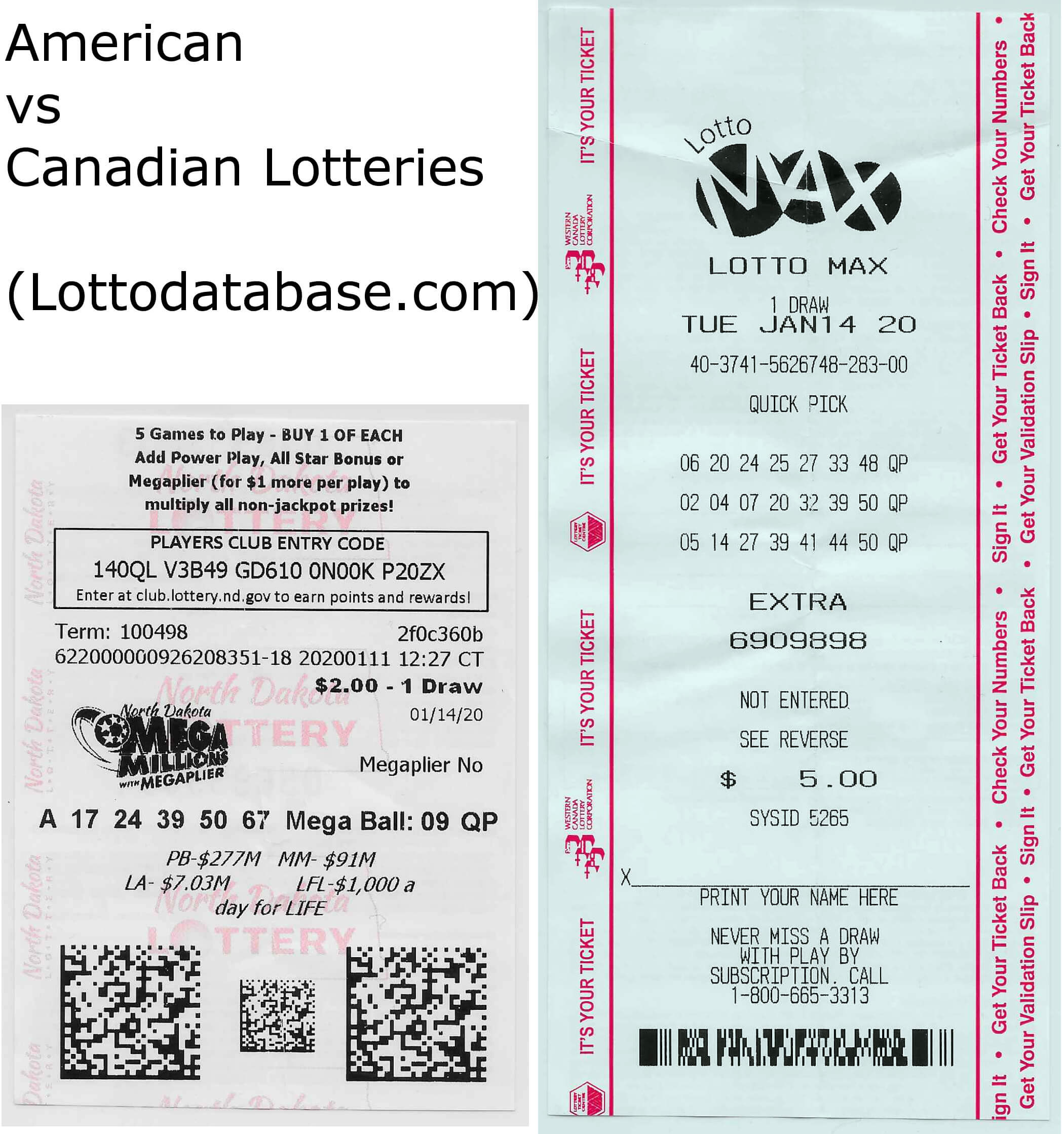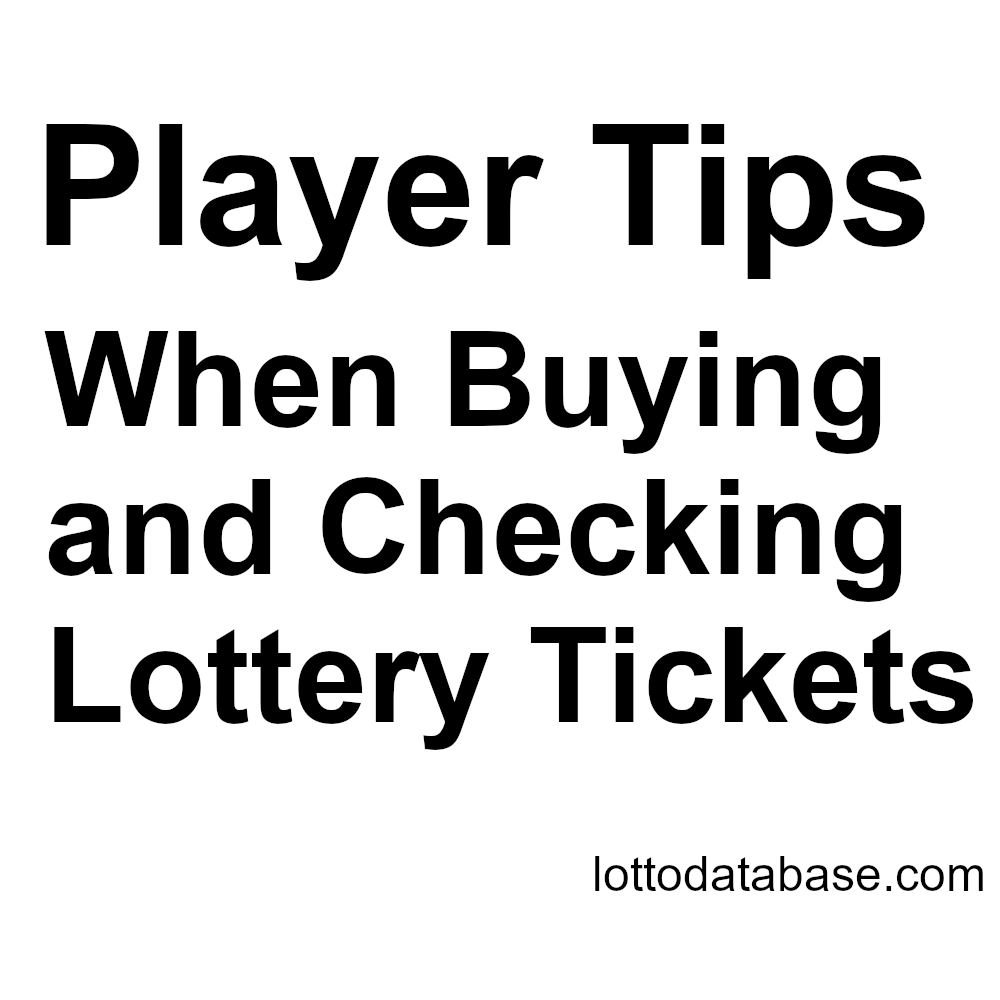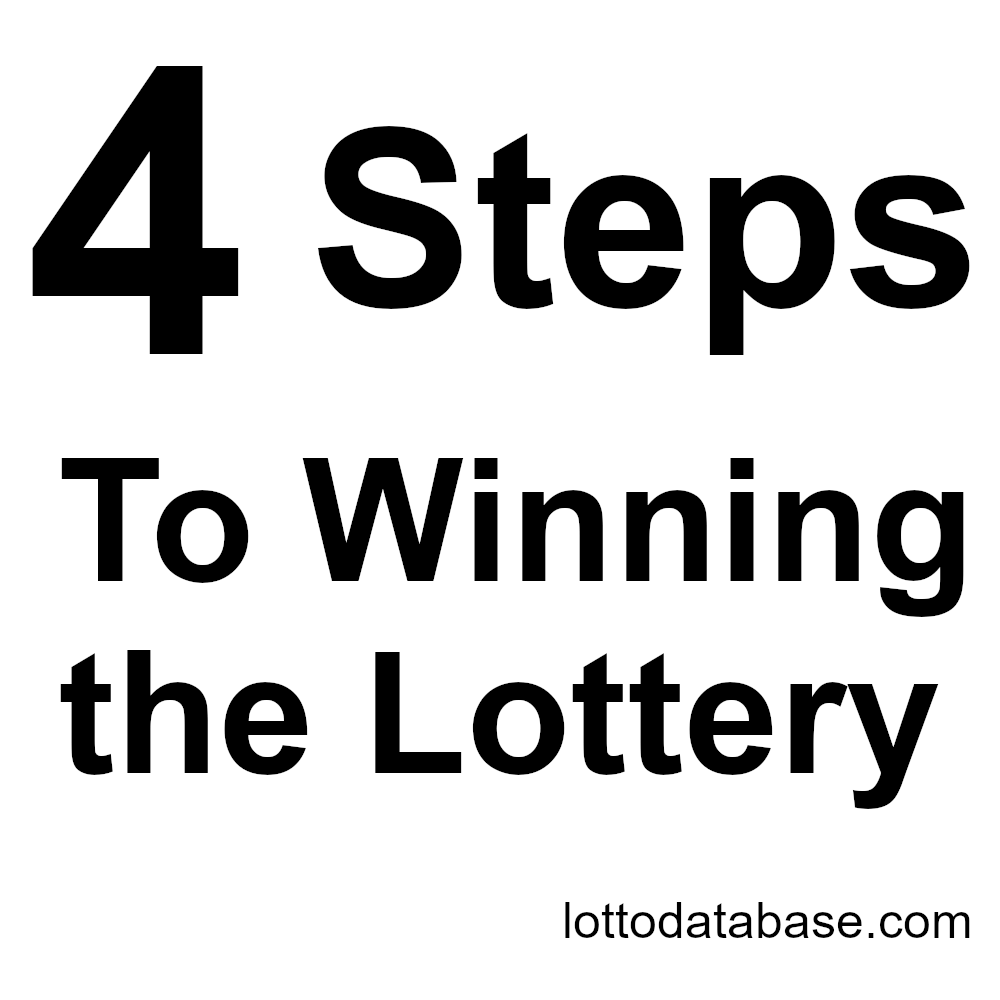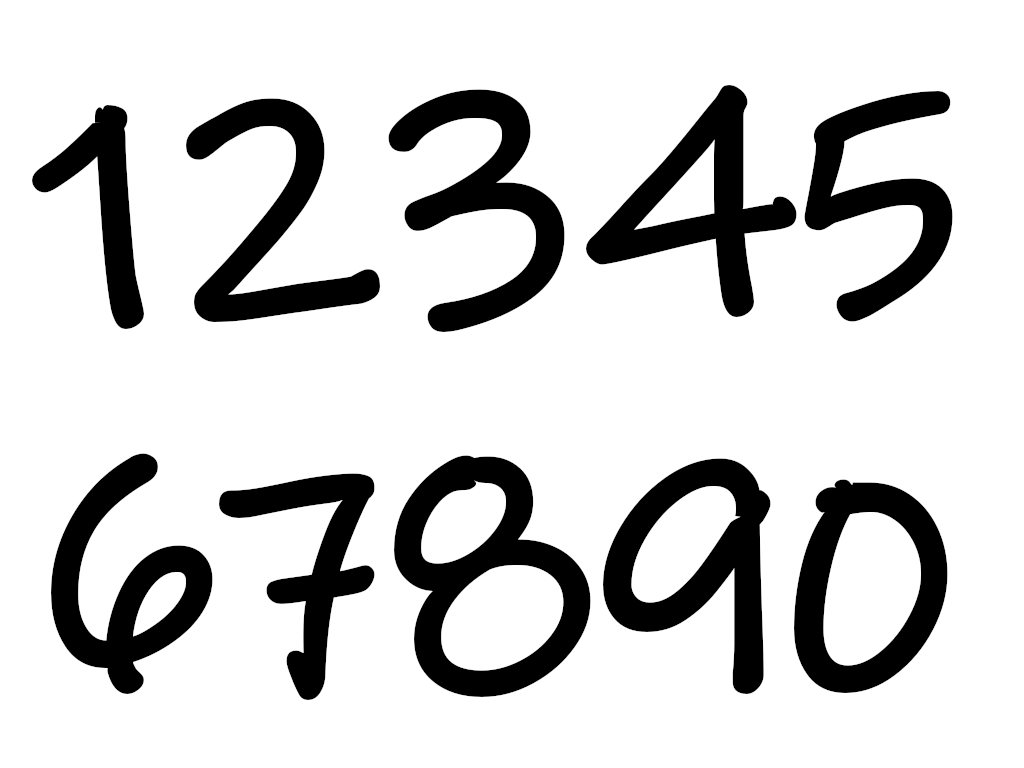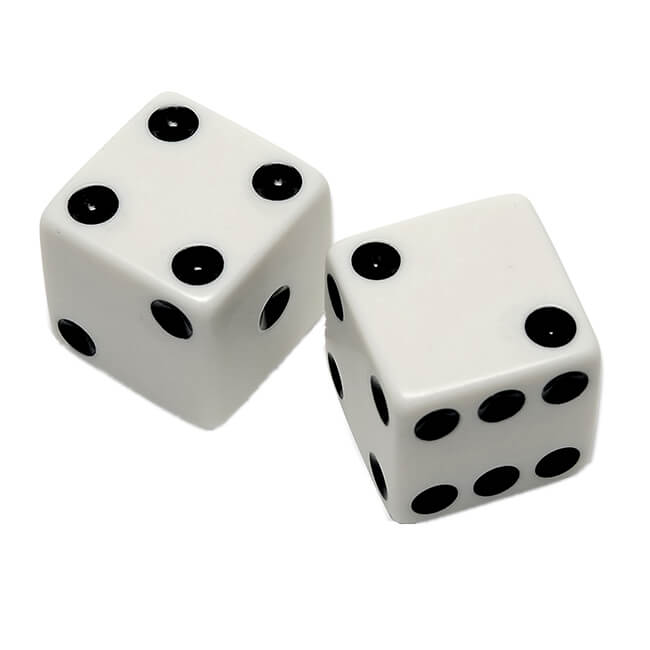
Thinking of playing the lottery? Let's take a look at the odds of winning the grand prize of one of the countries national lotteries.
Most states and provinces have a choice of a national lottery to play. It can be Megamillions or Powerball in the United States. In Canada, Lotto 649 is one of three national lotteries available in all the provinces. There are lots of chances to win a smaller prize but when we buy lottery tickets, we are always hoping to be one of the fortunate few who wins the grand prize.
Computing the Odds of Winning the Grand Prize
The odds of winning the grand prize are indeed very slim.
- Powerball (US) - 1 in 292,201,338
- MegaMillions (US) - 1 in 302,744,860
- Lotto 649 (Canada) - 1 in 13,983,816
Let's look at Lotto 649 for an example. 1 in 13,983,816 chances of winning the grand prize. How does one figure that out?
Lotto 649 is played by choosing 6 numbers out of a possible 49 numbers (1 to 49).
When the first ball comes out of the draw machine, the odds are 1 in 49 since there are 49 balls in the machine.
Now that number cannot be drawn again. There are 48 numbers left, so the odds of the second number are 1 in 48.
The third number, the odds are 1 in 47.
The fourth number, the odds are 1 in 46.
The fifth, 1 in 45.
And finally the sixth, 1 in 44.
Now if the order of the numbers coming out of the machine mattered, then the odds would be 1 in 49 x 48 x 47 x 46 x 45 x 44.
However, order doesn't matter in this particular type of lottery, meaning that you only need to choose six numbers, not the order they were drawn. You divide the odds by the order of the numbers drawn.
(49 x 48 x 47 x 46 x 45 x 44) / (6 x 5 x 4 x 3 x 2 x 1)
10,068,347,520 / 720
That would give us 13,983,816. So the odds of winning the grand prize in Lotto 649 are 1 in 13,983,816.
Similar calculations are made to figure out the odds for winning Powerball or Megamillions, except taking the powerball or mega number into consideration.
Illustrated Representation of Winning the Lottery
Once again using Lotto 649 as an example, the odds of winning are 1 in 13,983,816. How can I represent this illustratively? A picture is worth one thousand words. Or in this case, this picture illustrates the odds of winning Lotto 649.
A pixel is the smallest dot you can see on a screen, or is the smallest dot on an image. A good quality camera can take a picture in many Megapixels. A megapixel has a resolution of 1024 pixels x 1024 pixels, or 1 megabyte x 1 megabyte. So 13,983,816 would be about 13.3 megapixels, or 13,983,816 / (1024 x 1024).
 This apparently blank picture you see here has a resolution of 3864 pixels x 3619 pixels, which is a bit of an oddball size as far as picture resolution. However, guess what? 3864 x 3619 = 13,983,816, the same odds of winning the lottery. For fun, there is one white pixel in this image of black pixels.
This apparently blank picture you see here has a resolution of 3864 pixels x 3619 pixels, which is a bit of an oddball size as far as picture resolution. However, guess what? 3864 x 3619 = 13,983,816, the same odds of winning the lottery. For fun, there is one white pixel in this image of black pixels.
See if you can find it.
You will have to click on the picture and view the image in 100% mode, otherwise the white pixel will just blend in. The combination of numbers of your lottery ticket represents 1 of the pixels in this picture. When the lottery draw occurs, its combination of numbers symbolically chooses one of the pixels in the picture as well. If your pixel happens to be the same pixel the draw picks, well, you would have won the lottery!
More Illustrated Representations of Winning the Lottery
We had deliberately chosen Lotto 649 for an illustrative representation to demonstrate the odds of winning. This is because computers are capable of displaying a 13.3 Megapixel image - they do it all the time when viewing high quality pictures taken with a camera. But now let's look at the bigger American lotteries, such as Powerball and Megamillions. Those images would be way bigger.
The image for Powerball would be 17239 x 16951 in size, or 278.7 Megapixels
The image for Megamillions would be 17860 x 16951 in size, equivalent to 288.7 megapixels. We have included these images here as well for completeness, however these images are so huge, they may not display properly in a browser. You can download them if you wish to examine them. Since they are essentially mostly black pixels with one white pixel, they are stored in relatively small png files.
Lottery Odds and iPhone 11's
You may have heard the odds of winning are like choosing a single blade of grass on a football field. That analogy is too vague. What type of grass. How densed? As in the above examples, We will stick to pixels.
Rather than using an image or blades of grass for illustrating the odds of winning the lottery, we can use an iPhone, and in our case, the new iPhone 11. An iPhone 11 also has pixels. The iPhone has a resolution of 1792 x 828 pixel, or 1.41 Megapixels. So in order to display the odds of winning the lottery using the pixels counts of iPhone 11's as your basis of measurement, you would need:
- Lotto 649 - 13,983,816 / (1792x828) = 9.4 iPhone 11's

- Powerball - 292,218,289 / (1792x828) = 196.9 iPhone 11's
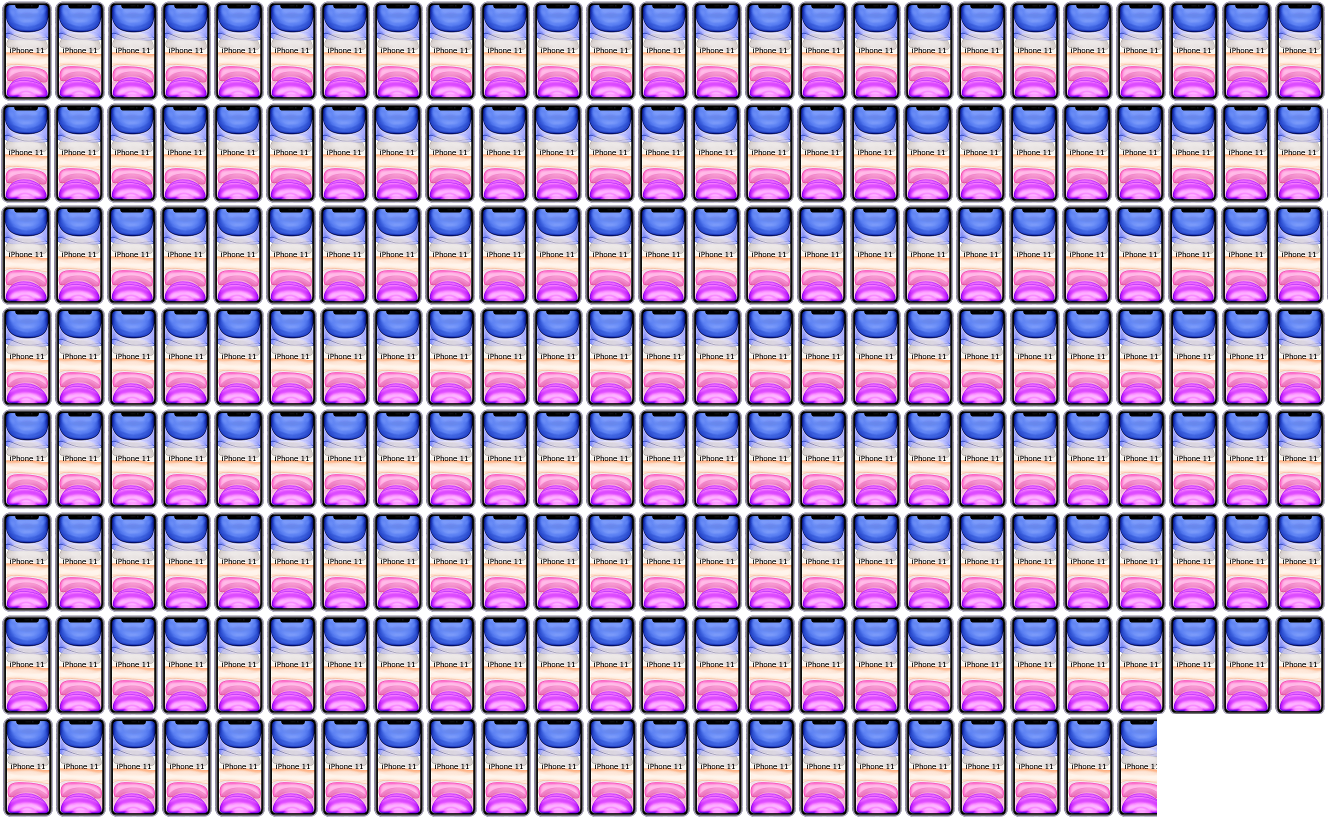
- MegaMillions - 302,744,860/ (1792x828) = 204.0 iPhone 11's
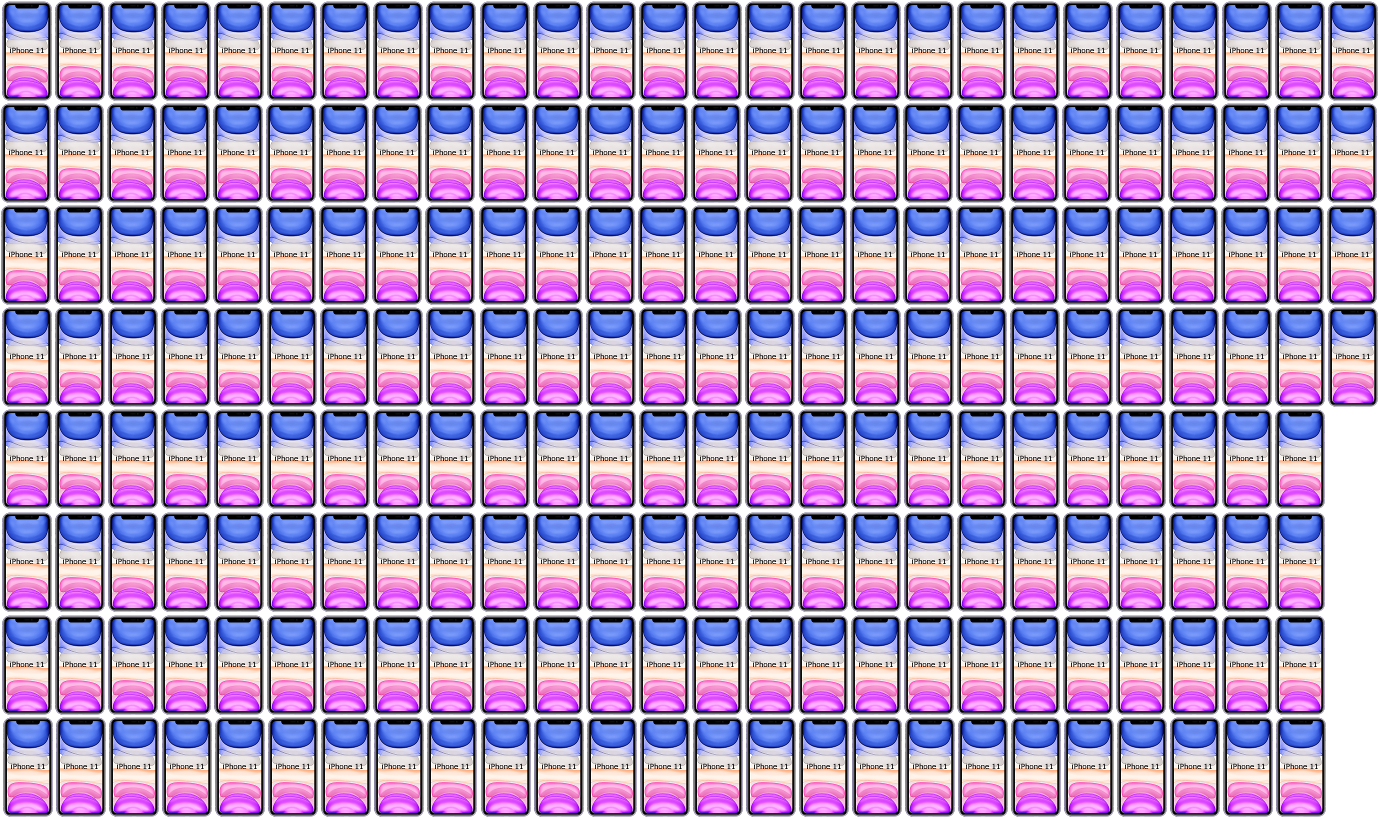
So with all the pixels on all those iPhones, if you happen to choose the same pixel as the lottery does, that would be the same odds of winning the lottery.
